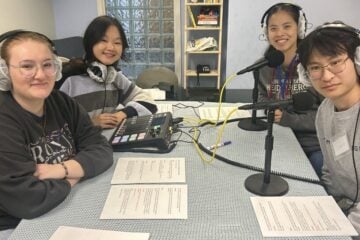Training for audio editors can help bridge gaps in long-form storytelling

HARR120N / iStock
Back in 2017, Jen Chien was browsing through a Facebook group for journalists of color when she stopped on a post inquiring about editor training for audio journalists. She was then managing editor at San Francisco NPR station KALW, which has a robust training program for aspiring audio reporters and producers. But Jen and the other respondents to the post were hard-pressed to think of many trainings specifically aimed at editing for narrative audio. There was a little back and forth about possibly starting something up as a peer-to-peer skillshare, but, like a lot of social media flurries, it didn’t really go anywhere outside of Facebook.
Meanwhile, Casey Miner had been seeing post after post on audio Listservs from people seeking experienced editors for their podcasts or series. She was a freelance editor herself, but had her hands full and couldn’t take on any more projects. It seemed like there was plenty of work, but not enough people to do it. Then one day in 2018, she sent out an email to a few colleagues from her own time at KALW, including Jen. Subject line: “an idea.”
KALW is a special place: small, creative, scrappy and intensely collaborative. What we experienced there was a rare and valuable model of training, mentorship, and real-world experience. We learned from the best and immersed ourselves in every facet of narrative audio storytelling. When we left, we could do it all: including edit long-form, nonfiction audio stories.
As the podcast industry grew and we moved on to other shops, we realized our experience wasn’t the norm. There were great training opportunities for reporters and producers, like Doug Mitchell’s NextGen program, the Transom Story Workshop or KALW’s own Audio Academy. But hands-on, real-world editor training and mentorship wasn’t something most people got.
Casey’s idea was for us to set up a program ourselves.
Responses to Casey’s email came fast. We’d all thought about something like this at different times. After some initial discussion, we — Jen, Casey, and former KALW colleagues Julie Caine and Leila Day — organized ourselves into the Editors Collective and got to work making the training a reality.
The result is Edit Mode: a seven-week intensive story-editor workshop for narrative audio, hosted on SoundPath, AIR’s digital training platform for the audio community. It’s a paid training and mentorship program that will build skills, introduce new editors to their future colleagues, and give them the real-world editing experience they need to feel confident hitting “apply” for that next job.
And there are lots of jobs. Podcasting has grown exponentially, even since we started mulling this idea. And the discussions around who shapes the medium, and whose voices are heard, have become even more urgent.
Good editing is critical to good storytelling. Behind every piece or series you love there’s most likely at least one good editor. You won’t hear that editor’s voice in your earbuds, but you’ll hear their sensibility, their critical stance, their sense of humor, and the choices they helped the producer make about how to tell the story. Whether establishing and maintaining style and standards, enforcing journalistic ethics, contributing to audience development strategy or providing high-level editorial direction, narrative audio editors make crucial decisions that shape how a story gets told, who’s compelled to listen, and whose work is supported.
But learning to be an editor takes time — and practice. The puzzle of how to get experience working on long-form narrative has been a tricky one to solve.
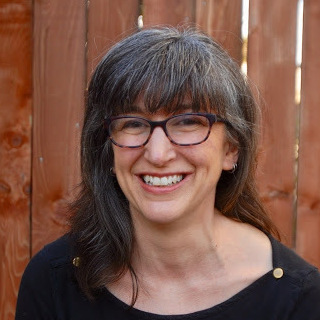
Miner 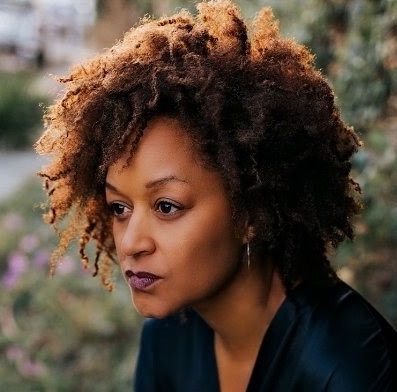
Day 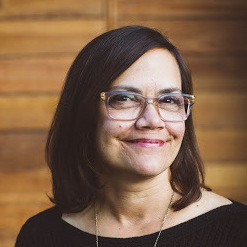
Caine 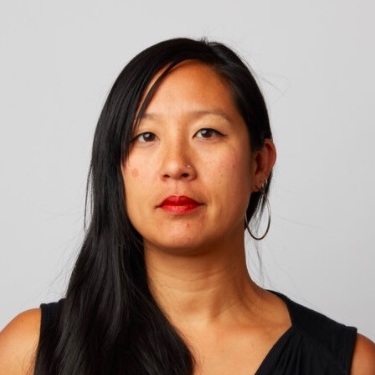
Chien
Currently, many of the editors who have the right experience come from the same types of backgrounds: typically white, college-educated, class-privileged and coastal. We all see an obvious and deep need for more Black and brown editors, and editors with a broader range of perspectives and life experiences. Both Jen and Leila, as editors of color, have been regularly contacted about more potential projects than we could possibly accept. While grateful for the offers, we knew there should be a bigger pool of editor talent for hiring managers to draw from.
It’s not that the people aren’t out there. There are lots of producers with the instincts, vision, creativity and talent to be outstanding editors: People who think critically about narrative, structure, audience and voice, and who love collaborating with others to craft and shape a story.
The problem is that there’s no obvious way for them to get the experience they need to put those talents into practice.
We created Edit Mode to challenge employers’ assumption that narrative audio has an editor-talent pipeline problem. We believe there is an editor training pipeline problem. That’s what Edit Mode is designed to fix.
We want to bridge the experience and opportunity gap for audio editors-in-training from underrepresented backgrounds, and, longer term, to diversify the pool of working editors in the industry at large.
Since starting these conversations, we’ve heard a lot more discussion around the industry as a whole about how to train and recruit editors, and other initiatives are also underway. We’re proud and excited to play our part in what we hope will be a major shift in our field.
The Editors Collective is Julie Caine, Jen Chien, Leila Day and Casey Miner.
Edit Mode recently announced its first class of fellows. A call for the second round of applicants is forthcoming later this year.




